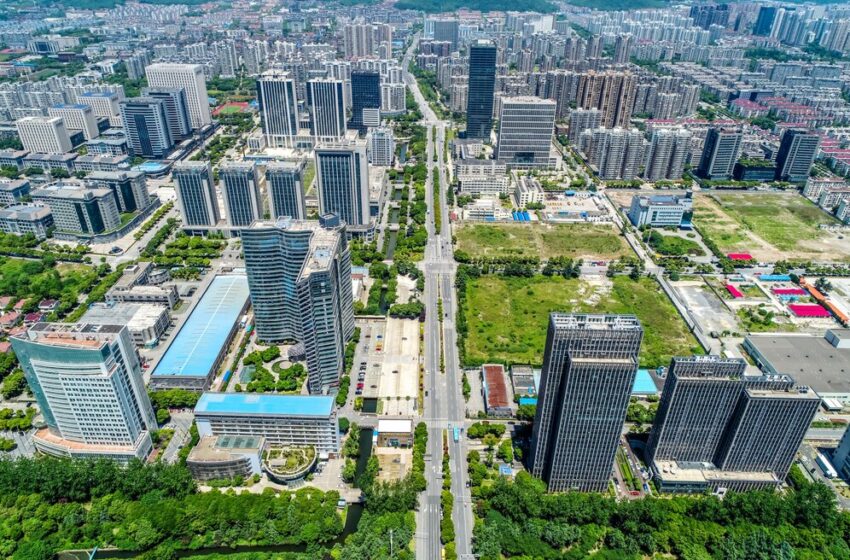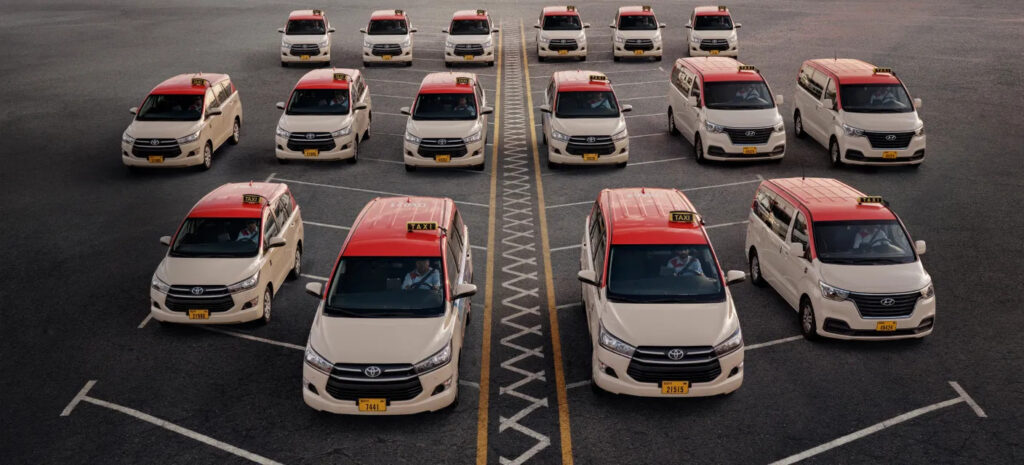
Leveraging IoT for Sustainable Urban Development
In an era where urbanization is rapidly increasing, cities around the world are turning to innovative solutions to address their growing challenges. The Internet of Things (IoT) stands out as a transformative technology, offering a pathway to sustainable urban development.
By integrating IoT devices across city infrastructures and services, urban areas can become more efficient, resilient, and sustainable. This blog explores the potential of IoT in fostering sustainable urban development, highlighting key applications, benefits, and considerations.
The Role of IoT in Urban Development
IoT refers to the network of interconnected devices that communicate and exchange data. In urban contexts, IoT can revolutionize how cities manage resources, deliver services, and interact with citizens.
Key Characteristics:
Real-time data collection and analysis
Enhanced connectivity and communication between devices
Automated and optimized city operations
Transforming City Services with IoT
IoT technology has the potential to transform various aspects of urban living, making cities smarter and more sustainable.
Smart Energy Management:
IoT devices can optimize energy consumption in buildings and public spaces, reducing waste and lowering emissions.
Smart grids enable more efficient distribution of electricity, incorporating renewable energy sources seamlessly.
Waste Management and Recycling:
Sensors can monitor waste levels in bins and containers, optimizing collection routes and schedules.
IoT can improve recycling processes by tracking and sorting recyclable materials more effectively.
Water Conservation:
IoT applications in water management include leak detection in city pipelines, real-time monitoring of water quality, and smart irrigation systems that adjust based on weather conditions.
Sustainable Transportation:
Smart traffic management systems reduce congestion and emissions by optimizing traffic flow and signal timings.
IoT enables enhancements in public transportation, such as real-time tracking of buses and trains, making public transport a more attractive option for commuters.
Enhancing Urban Living through IoT
Beyond optimizing city operations, IoT also plays a crucial role in enhancing the quality of urban life.
Public Safety and Health:
IoT devices can monitor air and noise pollution levels, providing data to address health risks.
Smart lighting and surveillance systems enhance safety in public spaces.
Citizen Engagement and Services:
Mobile apps and platforms leverage IoT data to inform citizens about city services, events, and alerts, promoting greater civic engagement.
Wearable IoT devices and smart home technologies contribute to improved personal health and well-being.
Challenges and Ethical Considerations
While IoT offers significant opportunities for sustainable urban development, it also raises challenges that cities must navigate.
Data Privacy and Security:
The vast amounts of data collected by IoT devices necessitate robust privacy protections and cybersecurity measures.
Digital Divide:
Ensuring equitable access to the benefits of IoT technology is crucial to avoid exacerbating social inequalities.
Sustainability of IoT Devices:
The environmental impact of producing, deploying, and disposing of IoT devices must be considered, emphasizing the need for sustainable design and recycling programs.
The Future of IoT in Sustainable Urban Development
As technology advances, the future of IoT in urban development looks promising, with emerging trends likely to further enhance sustainability efforts.
Integration with Other Technologies:
Combining IoT with technologies such as AI, blockchain, and 5G can unlock new possibilities for smart city applications, from autonomous vehicles to decentralized energy systems.
Participatory Urban Planning:
IoT can facilitate more participatory approaches to urban planning, with citizens contributing data and feedback through IoT devices and platforms.
Regenerative Urban Systems:
Future IoT applications could enable regenerative urban systems that not only mitigate harm but actively improve the environment, such as buildings that capture more carbon than they emit.
Conclusion
Leveraging IoT for sustainable urban development offers a pathway to smarter, more resilient cities capable of meeting the challenges of the 21st century. By optimizing city operations, enhancing quality of life, and addressing environmental impacts, IoT technology plays a crucial role in the journey toward urban sustainability. However, realizing this potential requires careful attention to challenges such as data privacy, the digital divide, and the sustainability of IoT devices themselves. With strategic planning and ethical considerations, cities can harness IoT to foster not only more efficient and convenient urban environments but also healthier, more equitable, and sustainable communities.










